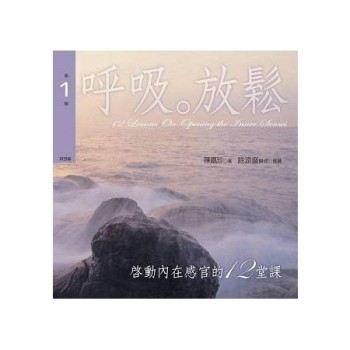Efficient, equitable and sustainable water management at the river basin level plays a crucial role in solving growing water shortages. However, water allocation decisions are highly complex due to the temporal and spatial variation in supply and demand. The increasing competition for water among different uses and across countries further complicates basin management. An aggregate, integrated economic-hydrologic river basin model is developed to analyze these issues for the Mekong River Basin in Southeast Asia. Model results indicate competition for Mekong waters and significant tradeoffs between off-stream and instream uses during the dry season; and point to the importance of appropriate institutions for enhanced economic efficiency in water allocation across water-using sectors and countries.
| FindBook |
有 1 項符合
Optimal Allocation and Use of Water Resources in the Mekong River Basin: Multi-Country and Intersectoral Analyses的圖書 |
 |
Optimal Allocation and Use of Water Resources in the Mekong River Basin: Multi-Country and Intersectoral Analyses 作者:Ringler 出版社:Peter Lang Gmbh, Internationaler Verlag Der W 出版日期:2001-07-03 語言:英文 規格:平裝 / 220頁 / 普通級 |
| 圖書館借閱 |
| 國家圖書館 | 全國圖書書目資訊網 | 國立公共資訊圖書館 | 電子書服務平台 | MetaCat 跨館整合查詢 |
| 臺北市立圖書館 | 新北市立圖書館 | 基隆市公共圖書館 | 桃園市立圖書館 | 新竹縣公共圖書館 |
| 苗栗縣立圖書館 | 臺中市立圖書館 | 彰化縣公共圖書館 | 南投縣文化局 | 雲林縣公共圖書館 |
| 嘉義縣圖書館 | 臺南市立圖書館 | 高雄市立圖書館 | 屏東縣公共圖書館 | 宜蘭縣公共圖書館 |
| 花蓮縣文化局 | 臺東縣文化處 |
|
|
圖書介紹 - 資料來源:博客來 評分:
圖書名稱:Optimal Allocation and Use of Water Resources in the Mekong River Basin: Multi-Country and Intersectoral Analyses
內容簡介
作者簡介
The Author: Claudia Ringler is a postdoctoral fellow at the International Food Policy Research Institute in Washington, D.C. She studied business management in Germany and Spain and development economics at Yale University and was a junior fellow at Center for Development Research, ZEF-Bonn, before obtaining her Ph.D. in agricultural economics from the Faculty of Agriculture, Bonn University. Her research interests are in water resources management - in particular, river basin management - and agricultural and natural resource policies for developing countries.
|










